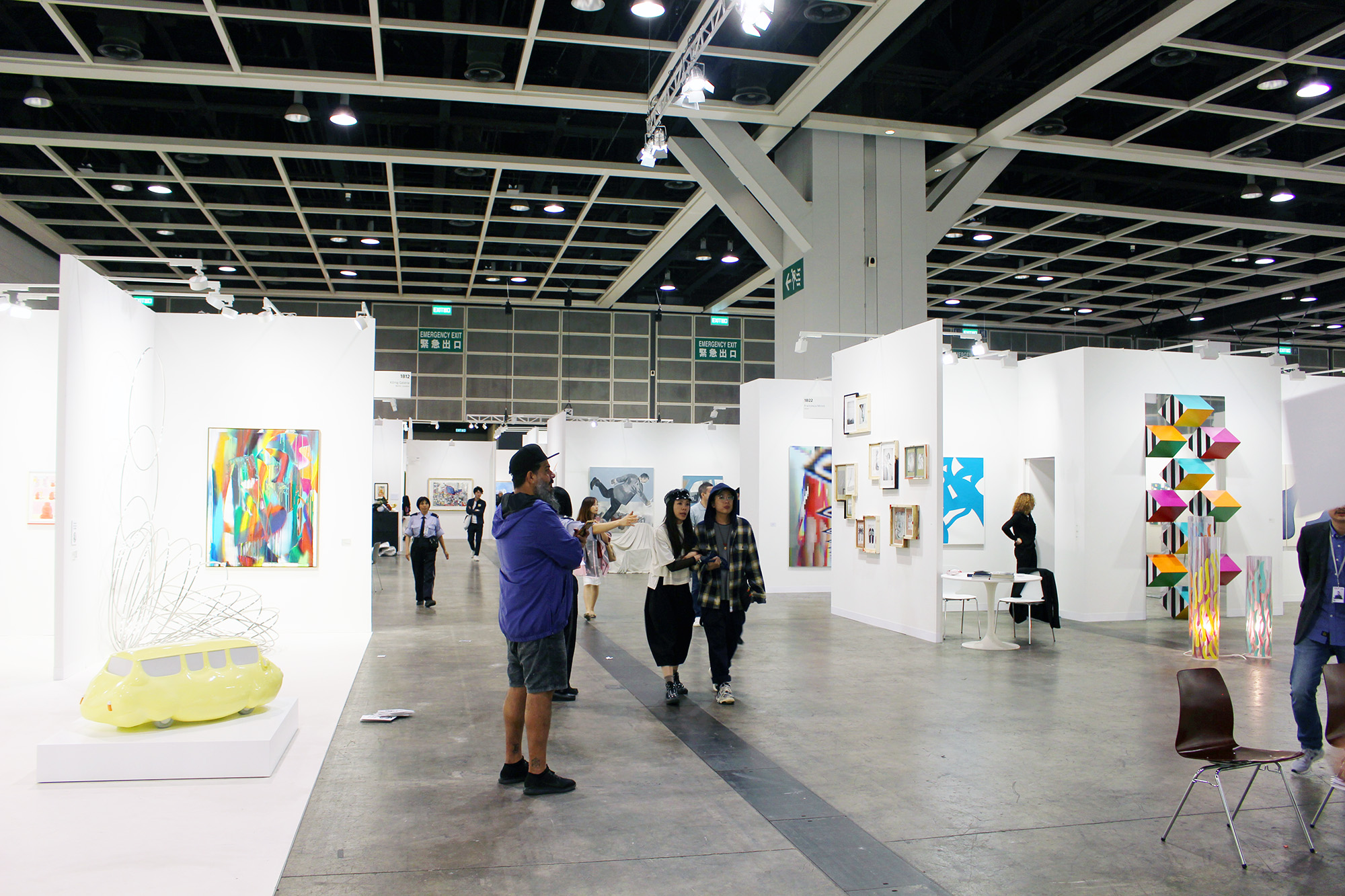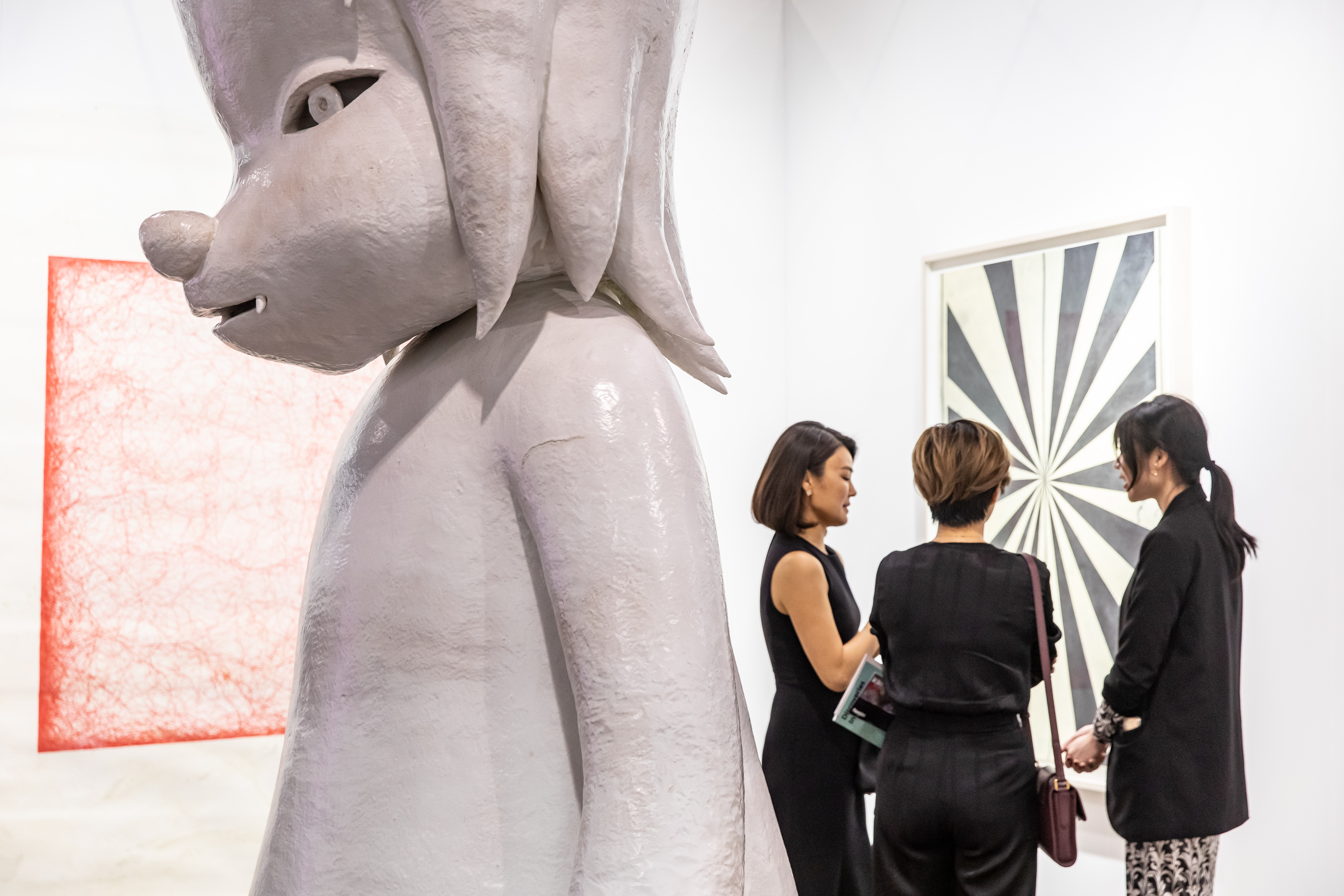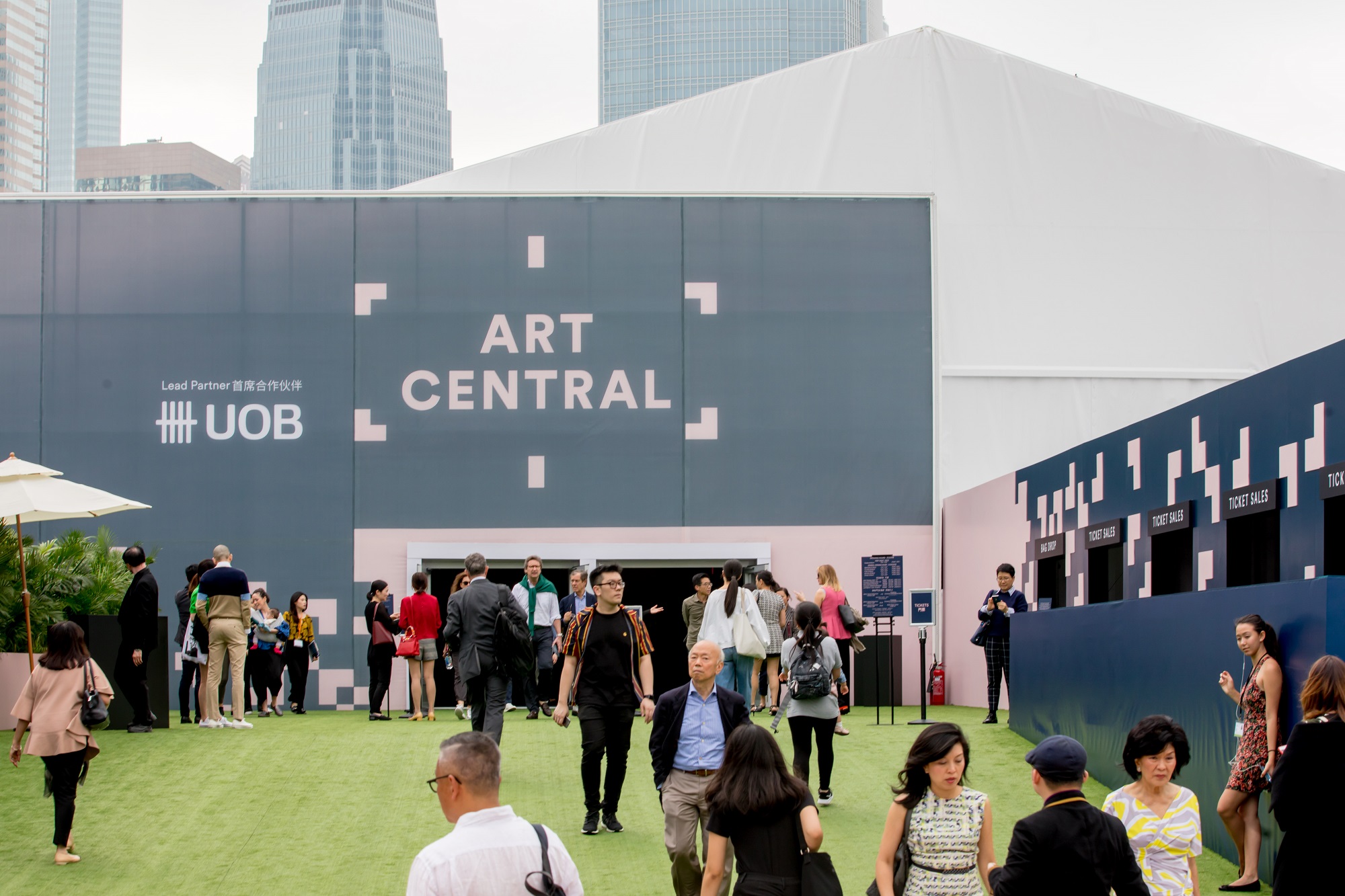Market
A Review of Exhibitor Contracts in the Wake of Hong Kong’s Art Fair Cancellations


The announcement to cancel Art Basel Hong Kong (ABHK) was anxiously anticipated, and finally came around 40 days before showtime. While it initially seemed that pro-democracy protests in Hong Kong might threaten to derail the 2020 edition of the premier art fair, it was the outbreak of the novel coronavirus, and the subsequent global health emergency declaration by the World Health Organization that saw both ABHK and Art Central being called off in the interests of health and safety.
Facilitated by air travel, the coronavirus had spread from its epicenter in Wuhan over the span of two months to four continents. However, it is its direct vicinity that has been hit the hardest, affecting other Chinese cities and nearby regions in Asia, where the fairs in question draw a substantial part of their collecting base. The prospect of a 14-day quarantine, coupled with criminal sanctions for non-compliance, would definitely be a strong enough deterrent to mainland Chinese collectors coming to Hong Kong.
There has not been a cancellation of an art fair due to a disease outbreak in recent years, and the effects are manifold, with the participating galleries being the most obviously impacted. As galleries are increasingly reliant on art fairs, bargaining positions have shifted with regards to what a fair will and will not do for galleries. The below analysis of the exhibitor agreements delineates the rights and obligations of the art fair organizers and the galleries, followed by a review of the contingencies organizers are providing that are above and beyond these contractual obligations to restore goodwill, if any.

The ABHK Exhibitor Contract
Clause 8.3 of “Art Basel’s Art Market Principles and Best Practices,” which forms part of the Art Basel exhibitor contract, states “[i]n no event will any refund be made to an Exhibitor of any participation fees in an Art Basel show.” This clause is self-explanatory, and Art Basel’s position is abundantly clear. Clause 23 of the “Exhibition Regulations” further states that “[b]ased upon coherent grounds, MCH Asia shall have the right to cancel The Show before it starts, to terminate it prematurely, to postpone it or to adapt its operation to new circumstances” and that “MCH Asia shall be released from its contractual duty to perform and Exhibitors shall have no claim against MCH Asia for performance or withdrawal from contract or compensation.” The waiver also prevents participating galleries from mounting a claim against the organizers for compensation for lost income and profits.
As for payments made to the fair, which would have been made under the first invoice for the booth rental fee in November 2019, the same clause states that payments would be “reimbursed after deduction of any expenditure already incurred by MCH Asia in connection with a cancellation of the Show.”
This is where some galleries are concerned, as while it has been reported that ABHK has offered a 75 percent refund of the booth fee, the status of the remaining 25 percent withheld by the fair organizers is unknown. While it is possible for the 25 percent to be rolled over to offset the booth fee for the 2021 edition of the fair, it could also be regarded as deductions for “expenditure already incurred,” even though such expenditure incurred by the fair is beyond the knowledge and control of the participating galleries—especially if the fair already has the relevant insurances in place. The uncertainty surrounding the refunds could have been avoided had this clause been drafted in greater detail.
While there is no mention of a disease outbreak in the cancellation clause of ABHK, the reasons for cancellation are widely drafted and include acts of “force majeure” (unforeseeable circumstances preventing fulfillment of contract), events “preventing or hindering MCH Asia from organizing The Show in due form,” and if “economic or political reasons” strongly compromise the organization of the fair. A disease outbreak would certainly entitle the fair organizers to cancel the show under any of the above grounds.

The Art Central Exhibitor Contract
Unlike Art Basel, the Art Central exhibitor contract, “Art Events HK Ltd: Terms & Conditions in Art Central,” does not contain a force majeure clause. Without this, parties would have to rely on the common law doctrines of frustration and impossibility, which have high thresholds. A disease outbreak, while making performance difficult and inconvenient, would certainly not make performance of the contract impossible or render it frustrated. As such, parties include a force majeure clause to excuse themselves from performing arduous, expensive, or impractical tasks caused by the occurrence of usually catastrophic events.
While not force majeure provisions, Clauses 8.22 and 8.4 of the Art Central exhibitor contract are exclusions of liability, stating that the fair organizers shall not be liable for “any loss of income or profits” and “loss caused by any act of God, terrorist activity, political unrest or any other event, fact or in circumstance, beyond the Organizer’s reasonable control.” As such, it appears that Art Central would not be liable for losses flowing from the COVID-19 outbreak, which may or may not be an act of God, but is certainly beyond the fair organizer’s control.
Although the Art Central exhibition contract does not contain any mention of refunds in the case of such events, fair organizers are reportedly providing a full refund and returning 100 percent of the booth deposit to exhibitors, a process that will take two to three weeks. With booth prices ranging from USD 20,850 to 83,400, this is certainly good news for participating galleries.
Both ABHK and Art Central have stated their commitment to the safety and wellbeing of everyone involved in their fairs, which have undeniably contributed to Asia’s cultural landscape. COVID-19 is beyond both the fair organizers’ and galleries’ control, and any reasonable and responsible person would have arrived at the same decision to cancel the events. The task now is to work towards a mutually beneficial outcome.
Please note that this article is written for a general audience and is in no way a substitute for seeking independent legal advice.
Ryan Su is head of Art & Cultural Property Law at WMH Law Corporation and a contributing editor to ArtAsiaPacific.







